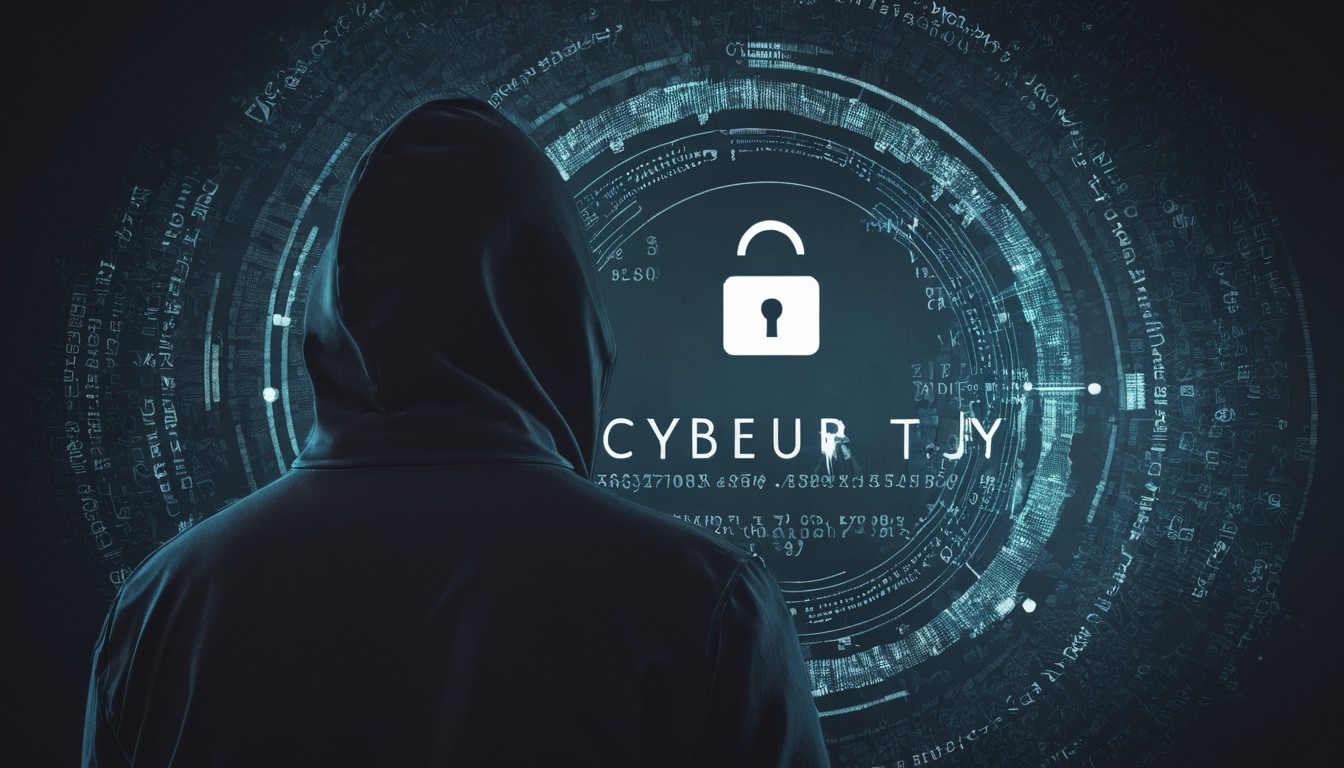As phishing attacks grow more sophisticated, the FBI has raised alarms about a new wave of scams leveraging artificial intelligence (AI). These AI-powered attacks are redefining how cybercriminals target individuals and organizations, making them harder to detect and avoid.
This blog post explores the implications of AI-driven phishing scams, how they work, and actionable steps to protect yourself and your business.
How AI is Revolutionizing Phishing Scams
Traditional phishing attacks often rely on generic email templates that are easy to identify. However, AI enables cybercriminals to:
- Personalize Emails
- AI tools analyze publicly available data, such as social media profiles and email patterns, to craft convincing, personalized messages.
- Mimic Writing Styles
- Advanced natural language processing (NLP) technologies allow AI to replicate the writing style of trusted contacts, making scams harder to spot.
- Automate Attacks at Scale
- AI automates the creation of phishing emails, allowing attackers to target thousands of victims simultaneously while maintaining a high degree of customization.
Red Flags Identified by the FBI
The FBI has identified several indicators of AI-driven phishing emails:
- Urgent Language: Phrases like “act fast” or “limited time offer” are designed to create panic and bypass rational decision-making.
- Unexpected Attachments or Links: Malicious files or links may install malware or redirect users to fake websites.
- Generic Greetings: Despite personalization, some emails may still include vague salutations like “Dear Customer.”
Case Study: A Real-World Example of AI-Powered Phishing
A financial institution recently reported an AI-generated phishing attack targeting its employees. Using details from LinkedIn profiles, attackers created highly convincing emails impersonating senior executives. The emails instructed employees to transfer funds to a fraudulent account, resulting in a loss of thousands of dollars before the attack was detected.
Protecting Yourself from AI-Powered Phishing Attacks
- Educate Your Team
- Conduct regular cybersecurity awareness training to help employees recognize phishing attempts.
- Verify Before Acting
- Always confirm requests for sensitive information or financial transactions through alternative communication channels.
- Implement Email Security Tools
- Use AI-driven email filtering solutions to detect and block phishing attempts before they reach your inbox.
- Update Your Software
- Keep all software and operating systems up-to-date to mitigate vulnerabilities exploited by phishing scams.
- Report Suspicious Emails
- Encourage employees to report suspicious emails to your IT or cybersecurity team for further investigation.
The Role of Businesses in Combating Phishing Scams
Organizations must take a proactive stance against AI-powered phishing. Key steps include:
- Adopting Multi-Factor Authentication (MFA): MFA adds an extra layer of security, reducing the risk of unauthorized access.
- Regular Penetration Testing: Simulate phishing attacks to identify vulnerabilities in your defenses.
- Strengthening Incident Response Plans: Prepare your team to act quickly and effectively in the event of a phishing-related breach.
Why AI is Both a Threat and a Solution
While AI is empowering cybercriminals, it’s also a valuable tool for cybersecurity professionals. AI-driven solutions can:
- Analyze large volumes of data to identify phishing patterns.
- Detect anomalies in email behavior.
- Automate responses to suspected phishing attempts.
By leveraging AI responsibly, businesses can stay ahead of attackers and safeguard their digital assets.
AI-powered phishing scams represent a new frontier in cybersecurity threats. As these attacks become more sophisticated, individuals and organizations must adopt advanced strategies to detect and mitigate them.
At SafeNet Tech, we specialize in AI-driven cybersecurity solutions that protect businesses from evolving threats. Contact us today to learn how we can enhance your defenses against phishing attacks and other cyber risks.
Stay vigilant. Stay secure.





